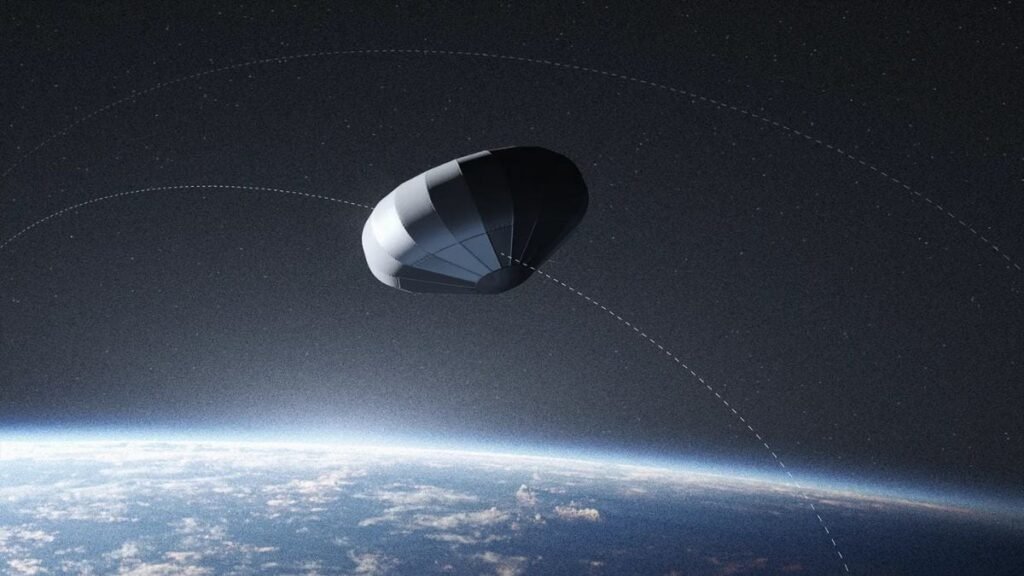
A cargo-return technology developed by Germany-based Atmos Space Cargo is set to undergo its first in-space test with an upcoming SpaceX mission. The company’s Phoenix capsule will be launched aboard the Bandwagon 3 rideshare mission, scheduled for no earlier than April. The capsule has been designed to facilitate the safe return of high-value materials from orbit, particularly benefiting the biomedical sector. The test mission aims to gather crucial data on the capsule’s subsystems, onboard payloads, and reentry performance.
Mission Objectives and Scientific Payloads
According to reports, the Phoenix capsule will carry four payloads, including a radiation detector from the German Aerospace Center (DLR) and a bioreactor from UK-based Frontier Space. The mission’s primary goals include testing Phoenix’s performance in orbit, evaluating data from customer experiments, and deploying its proprietary inflatable atmospheric decelerator (IAD) for reentry stabilisation. This technology, acting as both a heat shield and parachute, is intended to enable a controlled descent back to Earth.
Challenges in Returning Space Cargo
Industry experts highlight that while the cost and complexity of launching experiments into space have been reduced, bringing them back to Earth remains a challenge due to high costs, long turnaround times, and technical difficulties. Atmos Space Cargo has positioned Phoenix as a cost-effective and reliable solution for returning biomedical samples, microgravity-manufactured materials, and other sensitive payloads.
Future Prospects and Industry Impact
Despite expectations that Phoenix will not survive its debut mission, the collected data will contribute to future improvements. Larger iterations of the capsule are planned to carry heavier payloads, including potential returns of rocket stages. Advisory board member and former NASA Deputy Administrator Lori Garver has stated that advancements in reusable and affordable cargo return technology are critical for the future of orbital space operations. The initiative aligns with broader efforts to enhance accessibility to in-space manufacturing and research.

